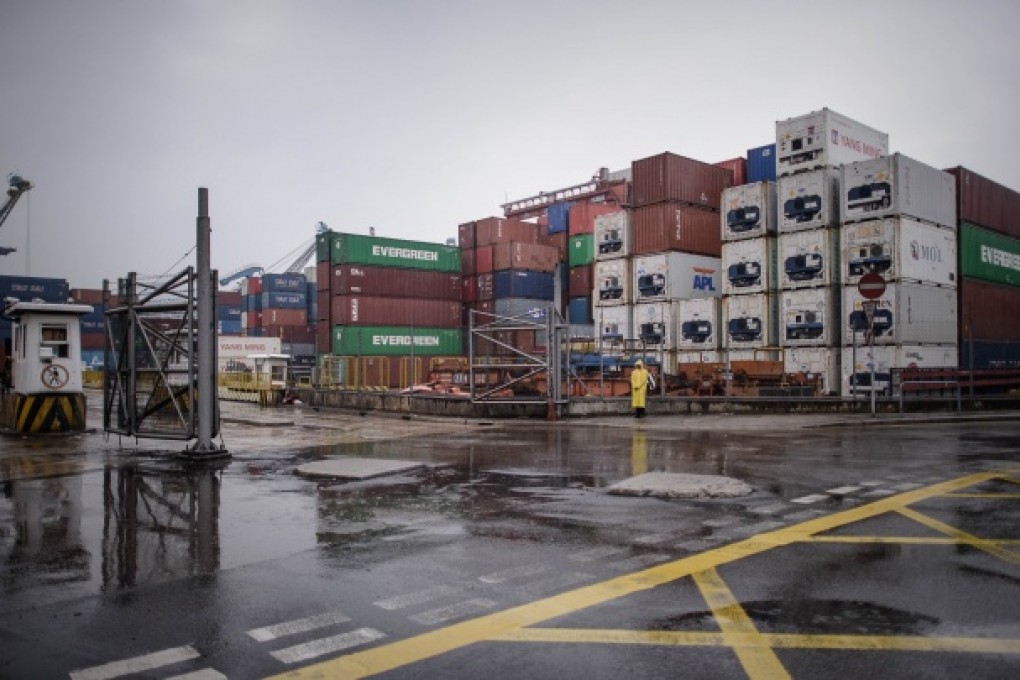
Hong Kong workers marking the Labour Day with protests is nothing new. As in the past, they take to the streets with different demands - higher wages, better benefits and job protection. This year, the tension between workers and bosses seems particularly intense, partly fuelled by the dock workers' strike that has been dragging on for a month. Separately, efforts by Leung Chun-ying to improve general labour rights still leaves a lot to be desired. The rise in the minimum wage by two dollars to HK$30 per hour brings little comfort to many who are still underpaid. That the chief executive has yet to make real progress on introducing standard working hours and other labour issues over the past 10 months has dismayed many workers.
Whatever the turnout is, today's protest should not be brushed aside as just an annual ritual. Those who join could have enjoyed a day off with their families. Instead, they march to make themselves heard. It is important that their grievances and aspirations are taken seriously by officials and employers.
Unlike in some foreign economies where industrial action is the norm rather than an exception, the city benefits from harmonious labour relations. The last major dispute was back in 2007 when hundreds of bar benders demanded higher wages with a strike lasting up to 36 days. Although the right to strike is protected by the Basic Law, it is it is seldom used as a labour tactic. Indeed, our employees are among the most hard-working and accommodating in the world. In times of hardship, they share the pain with bosses and take pay cuts. When the economy turns for the better, it is only fair for them to be rewarded. This formula has served the city well.
Certainly bosses and workers are not expected to see eye to eye on all issues. Mutual understanding and tolerance are essential. The ongoing strike is the result of a lack of compromise. It is a timely reminder that harmony built on shaky foundations can be fragile. Some activists went further; they called for a redressing of the balance between the management and the staff, arguing it has long been heavily tilted in favour of bosses.
There is, of course, a limit as to how much companies can afford to pay workers. Soaring rent and labour costs have sparked fears of eroding competitiveness. That said, our economic success owes much to a dedicated workforce. Hard work should be rewarded whenever possible.